Menopause is a natural phase in a woman’s life that brings various changes, including hormonal fluctuations that can lead to weight gain, particularly around the abdomen. Many women notice this shift and may feel frustrated as they struggle to maintain their fitness and body image. At MMFitness, we work with many clients over 40 and understand the unique challenges that come with this transition. We’re here to support you on your fitness journey, whether you’re returning to exercise or just getting started.
Understanding Why Abdominal Weight Gain Occurs
During menopause, hormonal changes, especially the decline in estrogen levels, can cause fat to redistribute from the hips and thighs to the abdominal area. This change is often exacerbated by:
- Slower Metabolism: As metabolism slows with age, it becomes easier to gain weight and harder to lose it.
- Loss of Muscle Mass: Hormonal changes can lead to a decrease in muscle mass, which further slows metabolism and contributes to weight gain.
- Changes in Hunger Hormones: Fluctuations in hormones like leptin (which suppresses appetite) and ghrelin (which stimulates it) can lead to increased hunger and cravings.
Understanding these factors is the first step toward addressing abdominal weight gain effectively.
Nutrition Strategies for Managing Weight Gain
A balanced diet plays a crucial role in managing weight during menopause. Here are some key nutritional strategies:
- Focus on Whole Foods: Incorporate plenty of fruits, vegetables, whole grains, lean proteins, and healthy fats into your diet. These foods are nutrient-dense and can help you feel full while providing essential nutrients.
- Portion Control: Be mindful of portion sizes. Using smaller plates can help prevent overeating. Pay attention to your body’s hunger and fullness cues to avoid unnecessary snacking.
- Limit Processed Foods: Reduce your intake of processed foods high in sugar, unhealthy fats, and sodium. These foods can contribute to weight gain and negatively impact your overall health.
- Stay Hydrated: Drinking plenty of water throughout the day can help control appetite and improve digestion. Sometimes, we mistake thirst for hunger!
- Consider a Low-Glycemic Diet: Foods with a low glycemic index can help manage blood sugar levels and reduce cravings. Focus on whole grains, legumes, fruits, and non-starchy vegetables.
Fitness Strategies for Combating Belly Fat
Incorporating regular physical activity is essential for managing weight gain during menopause. Here are some effective fitness strategies:
- Strength Training: Aim for at least two days of strength training each week. This helps build muscle mass, which boosts metabolism and supports fat loss. Focus on exercises that target major muscle groups, including your core.
- Cardiovascular Exercise: Engage in moderate-intensity aerobic activities such as brisk walking, swimming, or cycling for at least 150 minutes per week. Cardio helps burn calories and improves heart health.
- Incorporate Core Workouts: Focus on exercises that strengthen your core muscles, such as yoga or basic core workouts. These workouts not only improve muscle tone but also enhance flexibility and balance.
- Consistency is Key: Establish a regular workout routine that you enjoy. Consistency will help you see results over time.
Additional Lifestyle Considerations
Managing stress and ensuring quality sleep are also vital components of maintaining a healthy weight during menopause:
- Stress Management: High stress levels can lead to increased cortisol production, which is linked to abdominal fat accumulation. Consider incorporating stress-reducing activities such as meditation, deep breathing exercises, or yoga into your routine.
- Prioritize Sleep: Quality sleep is essential for regulating hormones that control hunger and metabolism. Aim for 7-9 hours of sleep each night by creating a comfortable sleep environment and establishing a consistent sleep schedule.
How MMFitness Can Support You

At MMFitness, we understand the unique challenges women face during menopause. Our approach includes:
- Group Training Sessions: Join our supportive community where you can connect with others who share similar experiences. Working out together boosts motivation and makes fitness more enjoyable.
- Personalized Coaching: Our coaches focus on developing tailored fitness plans that prioritize safety and effectiveness while addressing your specific needs.
- Holistic Approach: We emphasize a balanced approach that combines exercise with nutrition guidance to help you achieve your goals sustainably.
Conclusion
Weight gain around the abdomen during menopause can be frustrating, but it’s manageable with the right strategies in place. By focusing on balanced nutrition, regular exercise, stress management, and quality sleep, you can take control of your health and body image during this transition.
Book a consultation with us let’s talk about your fitness goals.




